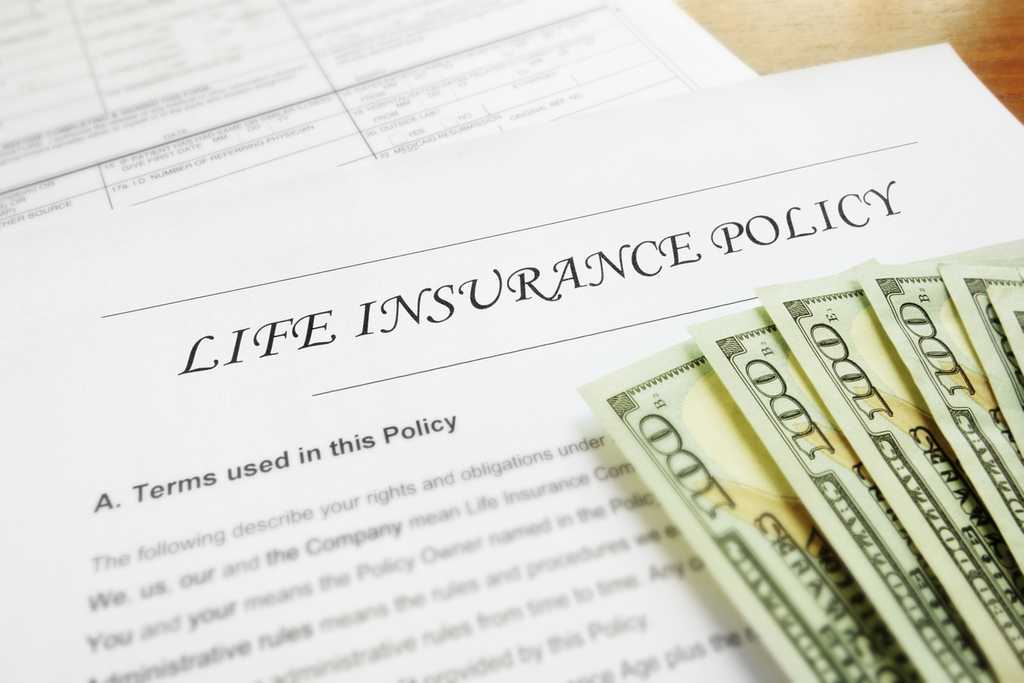Life insurance is designed to pay bills and take care of your loved ones after you've passed away. But did you also know that you can sell your life insurance policy to get cash today? Although it may not be the best financial decision, selling your life insurance can be a good option when you no longer need life insurance protection or if you have a financial emergency.
Can you sell your life insurance?
Yes, you can sell your life insurance policy in the right situations. This is known as a "life settlement." When you sell your life insurance policy, the buyer takes over all future premium payments and receives the death benefit in exchange for an upfront payment. This means that your beneficiaries will no longer receive a payout when you die. If you do sell your life insurance policy, be sure to let your beneficiaries know so that they are not surprised when the payout goes to someone else.
How to sell your life insurance policy
If you've decided that selling your life insurance policy is the right move for you, here's how to sell your life insurance policy.
- Contact multiple life settlement agencies to receive quotes. Just like any other major purchase, it helps to receive multiple quotes to understand the true cost of the project. Each company has its own approach and ideal candidate. One company may pay significantly more for your policy than another because your policy is a better fit for their portfolio.
- Consider working with a broker. A broker can represent you through the entire process and they often have a network of agencies that they work with. They can simplify the process for you, explain terms that you don't understand, and may be able to find a better price for your policy.
- Submit medical records or provide authorization to access them. Any buyer will want to verify your medical records to ensure that they match up to your life insurance application. Life insurance policies may not pay out or may pay a reduced amount if you lied on your application or if critical information was left out. Buyers may also re-underwrite your policy to ensure that it conforms to their standards.
- Negotiate offers. As with any transaction, the first offer is not the final offer. This is why it is important to seek out multiple buyers. Having offers from different buyers allows you to understand your policy's true market value and negotiate for the best price and terms.
- Keep paying your premiums until the transaction is complete. Even though you may have a deal in place, you must keep paying your life insurance premiums to keep your policy current. If your policy lapses due to non-payment, it may not be able to be reinstated so that you can sell it.
- Exchange ownership of your policy for a lump sum of cash. Once you have negotiated the best deal, you'll sign paperwork transferring ownership of your policy to the buyer in exchange for an upfront payment. The funds may be wired into your account or you may receive payment via a check. Although your bank may charge a fee, the fastest and most secure option is to receive a wire transfer.
How does selling a life insurance policy work?
Selling a life insurance policy is very similar to selling anything else of substantial value. You'll seek out buyers who are interested in your policy, then negotiate among them to arrive at the best price.
Once you've entered into a contract, the buyer will perform their due diligence on your policy to ensure that there is nothing that will interfere with the value of your death benefit. For example, some death benefits are reduced or canceled if the insurance company determines that you lied or excluded relevant information on your application.
After the buyer has completed their due diligence and is happy with the policy, they will complete the purchase so you can receive your funds. They will continue to make life insurance premium payments on your behalf for the remainder of your life so that they can receive the death benefit when you pass away.
How much do you get for selling a life insurance policy?
The amount you can expect to receive from selling your life insurance policy depends on a number of factors, including:
- The death benefit of your policy
- Your current age
- How healthy you are (life expectancy)
- How much are your premiums
- The market rate of return
A general rule of thumb is that you should expect to receive 10% to 35% (or more) of your policy's death benefit from a sale. The percentage increases the closer you are to dying. An older person with many health conditions will generally receive a higher percentage than one who is younger and in good health.
In fact, if you are too young or in too good of health, you may not be able to find a buyer. Many life settlement companies look for clients that are at least 65 years of age with a death benefit of at least $200,000. Those who are terminally ill may be able to find a buyer, even if they are not that old.
Alternatives to selling a life insurance policy
Before selling your life insurance policy, consider alternative options that may provide a better return on your money and avoid fees and commissions that may be charged.
- Take advantage of your policy's accelerated death benefits. If you are terminally ill or disabled, your policy may provide accelerated death benefits that allow you to receive a portion of your death benefit today versus waiting until you are deceased.
- Borrow against your policy's cash value. Many insurance companies allow you to borrow a portion of the cash value within your policy. These loans typically have a low interest rate and only require periodic interest payments. If you pass away before repaying the loan, its balance will be deducted from the death benefit your beneficiaries receive.
- Cancel the policy and receive the cash surrender value. When you stop making payments on cash value life insurance, one of your options is to terminate the policy and receive your accumulated cash value. In the early years, your policy may have a surrender charge and there may be tax consequences here, so check with your insurance and tax advisors before canceling.
Frequently Asked Questions
Is selling your life insurance policy worth it?
Selling a life insurance policy can be worth it when you are having financial difficulties and cannot get approved for a loan. Before selling your life insurance policy, consider alternatives that might provide better terms, increased options, or a higher payout. In most cases, the amount you receive will be far less than your policy's death benefit.
Can I sell my term life insurance policy for cash?
Yes, there are companies that will purchase your term life insurance policy. However, because term life insurance policy premiums dramatically increase once the initial term expires, typically only those that can be converted to a permanent policy are successfully sold. They will analyze your policy and often will take a look at your age, health, policy details, and other factors before making an offer.
What is the cash surrender value of a term life insurance policy?
Term life insurance policies do not have a cash value component to them. They act much like home or auto insurance where, if you stop paying the premiums, your coverage will expire. Term insurance is often considered cheaper than cash value life insurance because your premiums focus on your death benefit and do not accumulate any cash value.
Can you cash out permanent life insurance?
Yes, you can cancel permanent life insurance and receive the cash value that has accumulated within the policy. Be aware that some life insurance policies have a surrender charge during the first few years which can result in receiving less than your policy's cash value. Some policies allow you to borrow against your cash value, which might be a better option if your need for cash is a temporary situation and you want to maintain coverage.

